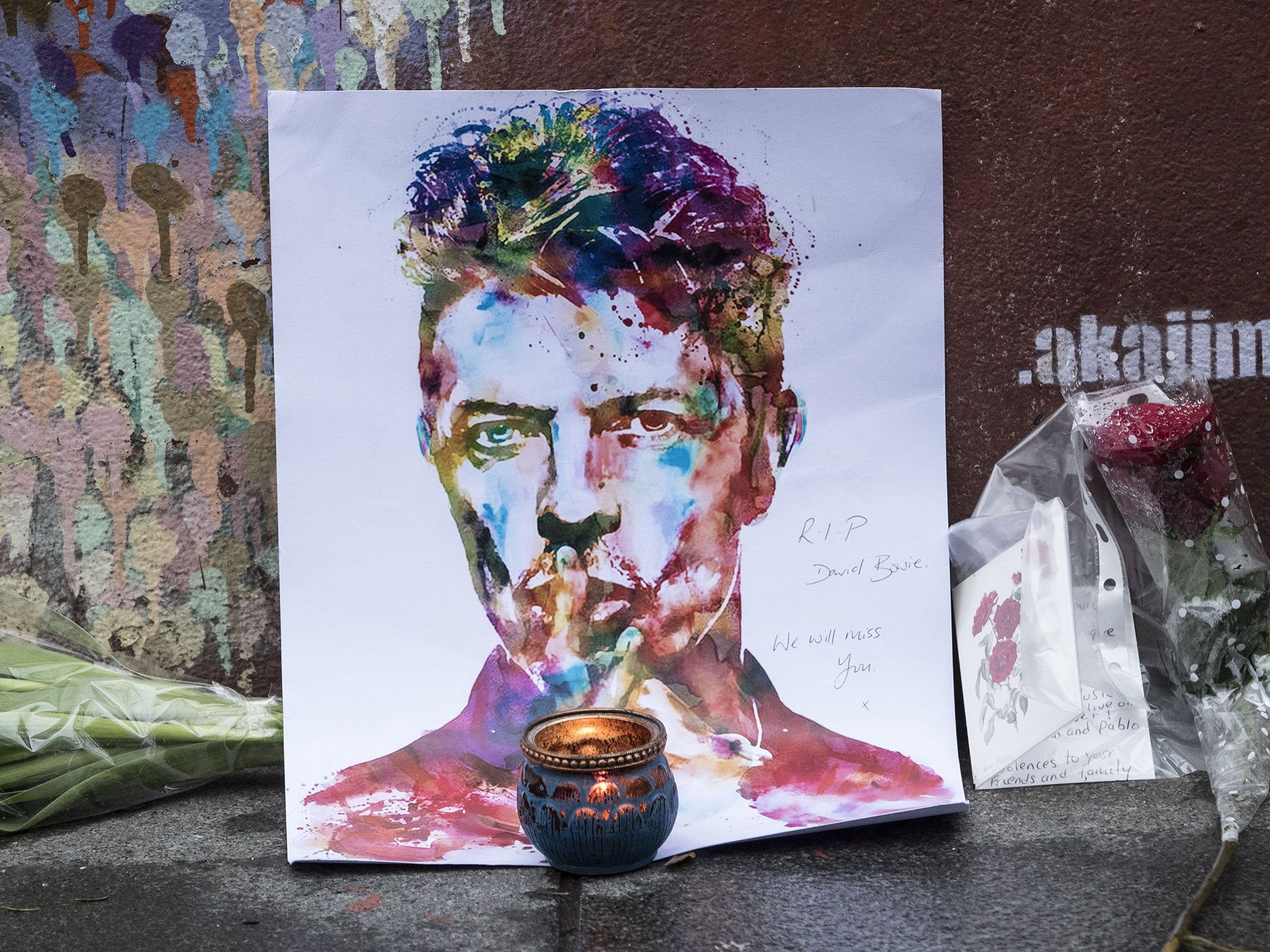Culture should never be a privilege - it must belong to us all
The entertainment industry has always been a route to fame and riches for people from modest backgrounds

Your support helps us to tell the story
From reproductive rights to climate change to Big Tech, The Independent is on the ground when the story is developing. Whether it's investigating the financials of Elon Musk's pro-Trump PAC or producing our latest documentary, 'The A Word', which shines a light on the American women fighting for reproductive rights, we know how important it is to parse out the facts from the messaging.
At such a critical moment in US history, we need reporters on the ground. Your donation allows us to keep sending journalists to speak to both sides of the story.
The Independent is trusted by Americans across the entire political spectrum. And unlike many other quality news outlets, we choose not to lock Americans out of our reporting and analysis with paywalls. We believe quality journalism should be available to everyone, paid for by those who can afford it.
Your support makes all the difference.The stars look very different today. The firmament is missing David Bowie and Alan Rickman. Two great artists who died last week, both of cancer, both at the age of 69.
They had something else in common, which is that they grew up in relative poverty. Bowie was raised in the poor but respectable zone of outer south-east London, the fertile crescent for popular culture that gave us the Rolling Stones, Kate Bush, Squeeze, Boy George and Fatboy Slim. The territory is roamed by Cole Moreton as he traces the tour undertaken by Bowie in the summer of 2014, when he knew he was ill, of his early haunts.
Rickman, on the other hand, was brought up in a council house in Acton, west London, before going on to become one of the most accomplished and distinctive actors of his generation.
The coincidence of the two deaths has prompted some comment about social mobility, and how young people from what is now called social housing are less likely these days to make it to the top. For an optimistic newspaper such as The Independent on Sunday, this is too defeatist. The entertainment industry has always been a route to fame and riches for people from modest backgrounds, and there is no good reason why it should not continue to be so.
It is not as if all of Bowie and Rickman’s successful contemporaries came from similar backgrounds.
Popular music and the theatre have also long been full of many of the famous products of private schools. We do not share the fashionable moan about how there were more opportunities for the children of the poor to succeed in the good old days, therefore. But that does not mean that everything is as open and meritocratic as it should be.
We owe it to the memory of Bowie and Rickman to try to make it more likely that special talent such as theirs is nurtured and discovered wherever in the country it springs from – and it does not have to be from London and its suburbs either, however deprived some of them may be.
For that reason, we approve of Ed Vaizey, the Culture minister, who wants to crowd-source ideas for a national arts strategy on the internet, as we report today.
We quite like the idea of reviving the B-movie, for example, which has been suggested on the Department for Culture, Media & Sport website. It is not “hankering for the past”, as another contributor commented: it could be a Bowie-esque reinvention of the art form.
Similarly, we welcomed the Prime Minister’s comments in his speech on life chances last week, in which he said: “Culture should never be a privilege; it is a birthright that belongs to us all.”
As we said last week, we like the words, even if we are sceptical about the follow-through. We like the idea of a “cultural citizens’ programme”, but we want to see it in practice. All the same, it was good to hear a Conservative prime minister say he believed “passionately” in publicly funded arts and culture – and that he also believed in equality of access, “attracting all, and welcoming all”.
In the end, though, this is not just about taxpayer-funded schemes. Subsidised theatre may have helped to nurture Rickman’s career, but Bowie’s greatness did not come out of an access programme. What is most important is British culture in its wider sense, our playfulness and creativity as a nation.
Let us promote and celebrate that; let us revel in the optimism and anarchy of British culture; and let us look forward to being surprised and moved by the genius of the generations to come after Bowie and Rickman, wherever in the country it comes from.
Join our commenting forum
Join thought-provoking conversations, follow other Independent readers and see their replies
Comments